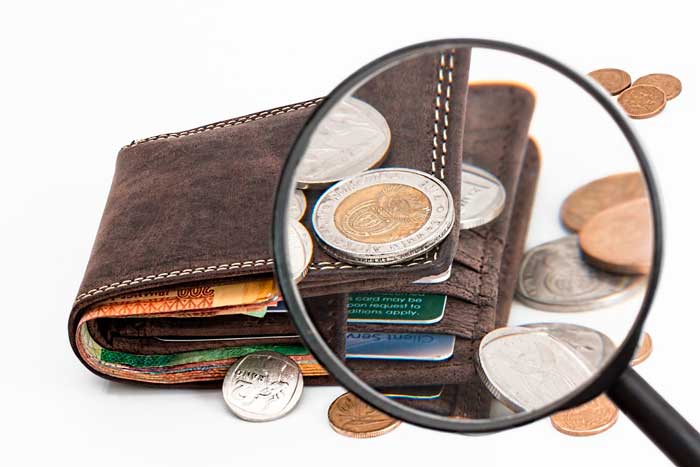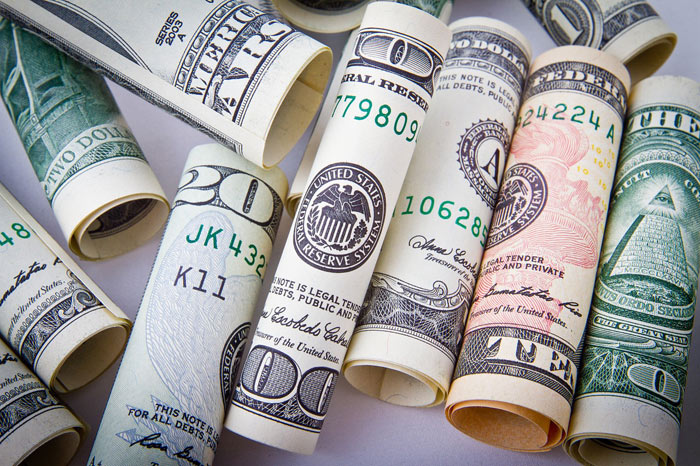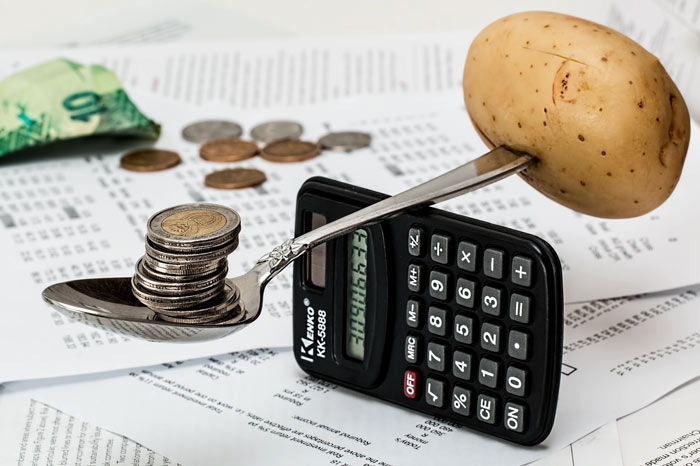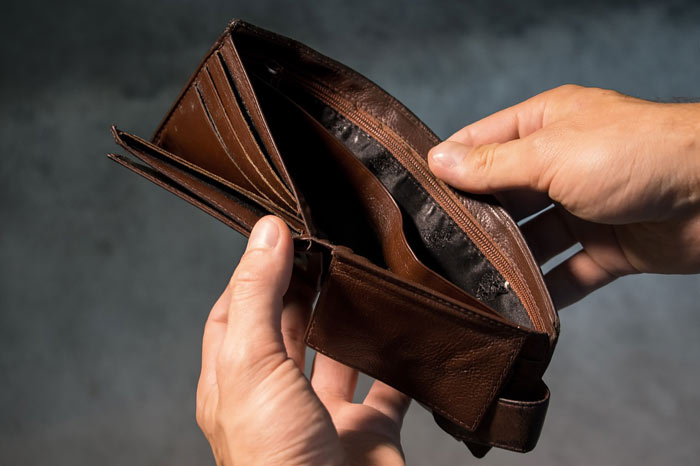Have you ever heard that there is a so-called Buy Nothing Day on November, 24? Sometimes some of us need such days once or twice a month (a week?) when you simply buy nothing. And we at Geniusbeauty.com will tell you how to reduce the amount of money you spend on unnecessary things.
 The things bought as an emotional reaction most often do not bring satisfaction. If the euphoria surrounding an unnecessary purchase ends quickly, you can still carry it back to the store and get the money back. It is worse if epiphany comes too late, and the purchase cannot be returned. In this case, an unnecessary thing hopelessly settles in the back of the cabinet or brings inconvenience to the owner, who eventually decides to sell it on the websites of free ads. It is easy to avoid unpleasant emotions, avoid cluttering an apartment and the trouble of reselling the thing and having extra expenses: do not buy this very unnecessary thing. How can you do it?
The things bought as an emotional reaction most often do not bring satisfaction. If the euphoria surrounding an unnecessary purchase ends quickly, you can still carry it back to the store and get the money back. It is worse if epiphany comes too late, and the purchase cannot be returned. In this case, an unnecessary thing hopelessly settles in the back of the cabinet or brings inconvenience to the owner, who eventually decides to sell it on the websites of free ads. It is easy to avoid unpleasant emotions, avoid cluttering an apartment and the trouble of reselling the thing and having extra expenses: do not buy this very unnecessary thing. How can you do it?
Do not pay extra money for advertising and packaging
The final cost of the product depends on a huge number of factors, including the manufacturer’s expenses for advertising. In stores, you can buy products that are as good in quality as the famous brands. The same applies to package: bread can be in a beautiful package, and cheese “for children” can come in bright boxes. Now think about where the colorful packaging will go after the product is eaten. That’s right, you will just throw it away. Once you are in the store, do not let emotions prevail: avoid buying colorful and useless things.
Make a list

If you do not manage to control yourself and abstain from unwanted purchases and expenses, make a list of the things you really need. When making purchases, strictly follow the compiled list, it is useful to calculate in advance the approximate amount that your purchases will cost. Do not take extra money with you: in such a case you will not have the temptation to buy a set of hangers or a suitcase at a discount.
To start saving money, you do not need to have super profits
Repair old things
In terms of quality, modern washing machines and refrigerators are inferior to the appliances manufactured seven to ten years ago: they cost a decent sum of money, but have a shorter service life and break more often. If some of your older appliances are broken, do not rush to get rid of them and buy new products. It is often more profitable to repair rather than purchase new equipment.
The same rule works not only with refrigerators and microwave ovens: you can repair shoes or clothes.
Take on lease

If you need a ladder to just once hang a curtain holder, there is no reason to buy it: the ladder can be borrowed from neighbors in exchange for a chocolate or a bottle of champagne. Some things can be rented for little money or for free. For example, you can take a guide book before going to the library.
Do not react to messages about discounts
In some countries, SMS messages about sales, discounts, and promotions come on certain days: 1, 5, 10, 16, 20, 25. That is, on the days when people receive their salary. The idea is simple: a consumer who has not yet spent money on all the necessary expenses (conveniences, credit, etc.), will rather go to the nearest shopping center and buy unnecessary things. In other countries, this is the 15th day of each month or the 20-25th days of the previous month. In any case, marketers try to make sure that you say goodbye to your salary as soon as possible, buying different unneeded things. Here you can be advised only one thing: do not react to these marketing tricks.
Save 10% of your salary
Instead of rushing to spend your salary on perfume or another dress, it’s better to deposit the money. You can start with 10% of the salary. With time, when you know the approximate size of your monthly expenses, the proportion of the saved funds can be increased.
Calculate the loan

There are absolutely hopeless cases when one wants to make an impulsive purchase, but there is no money for it. Then shopaholics rush to credit managers and take loans. Before you borrow money for a fur coat or a new smartphone, calculate how much this purchase will cost you. After doing so, your desire to pay extra money for unnecessary things will reduce.
Find a goal
Once you have a specific goal for saving money (say, a new home appliance, a car or a house), you will notice that it will be easier for you to set the right priorities when making a decision to buy or not to buy a particular product. It will be stupid to buy 5 new dresses when you do not know how to buy a new dishwasher and feel tired of washing with your hands.
Give yourself some time

Having found the thing you like in a store or on a website, do not rush to buy it immediately. Wait for the night. In addition, in most offline stores you can ask to leave the thing for the next day. During this break, think about whether you really need this thing or, perhaps, it’s better to save this money for a summer vacation? You certainly can afford it by giving up a few purchases a month. In summer, while doing some water skiing on a mountain lake, you will fail to remember that six months ago you were ready to abandon the idea of having a vacation for the sake of another gear or gadget.
If you have reflected on this issue for a day or two and still cannot stop thinking about the admirable thing, go to the store and buy it! But remember that we have warned you.










